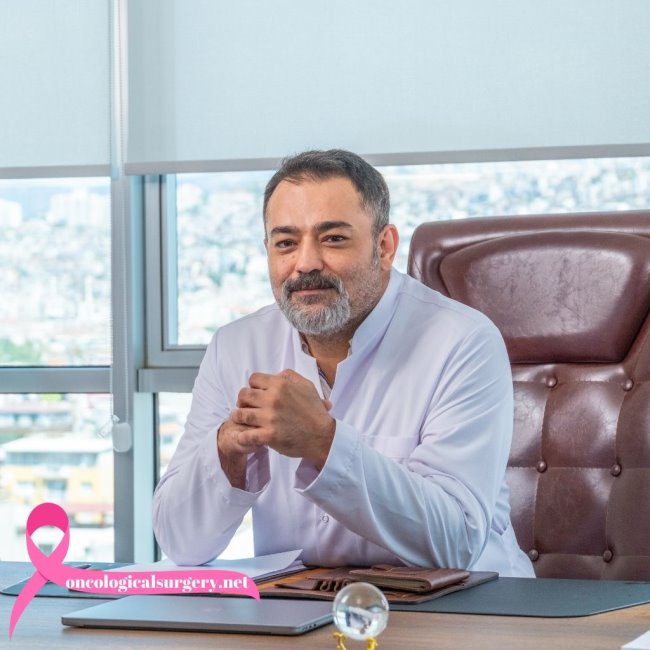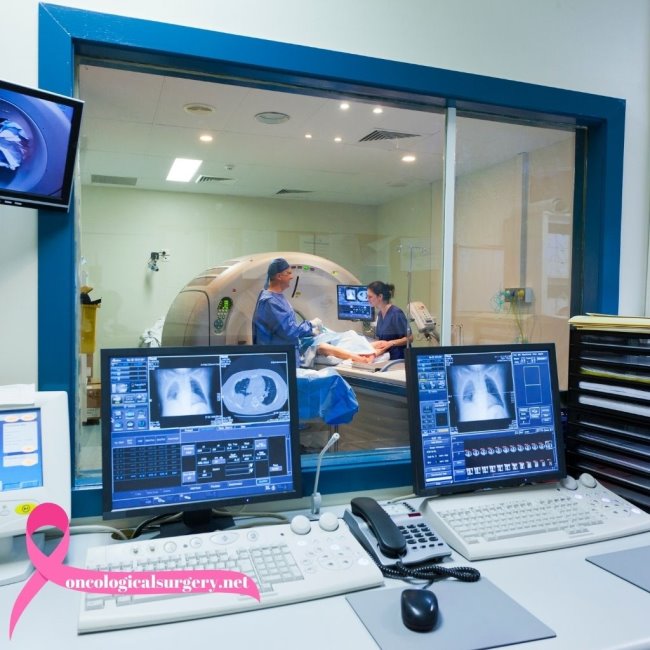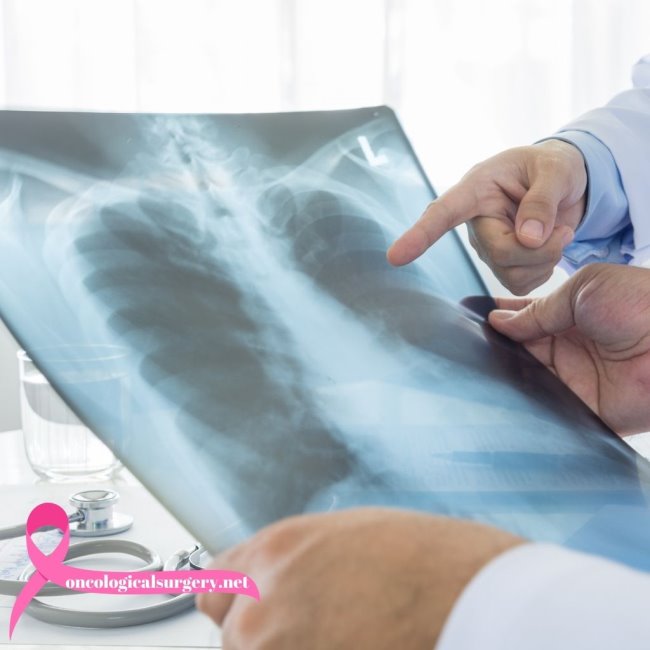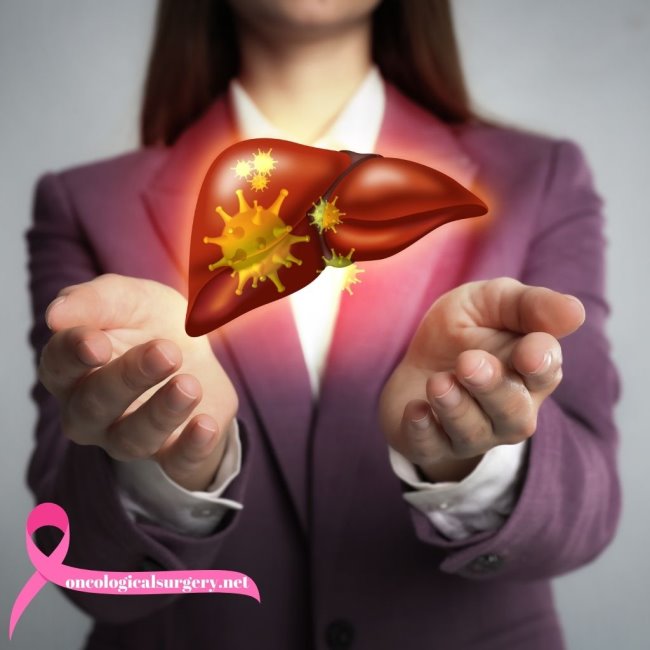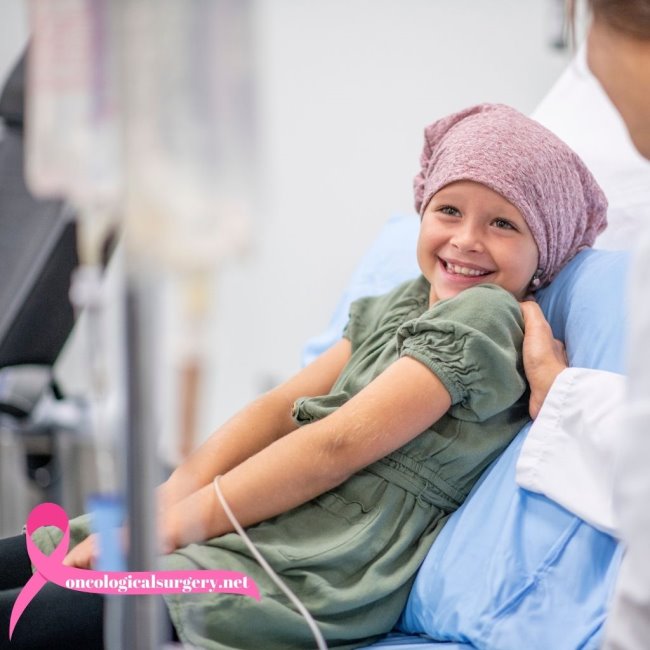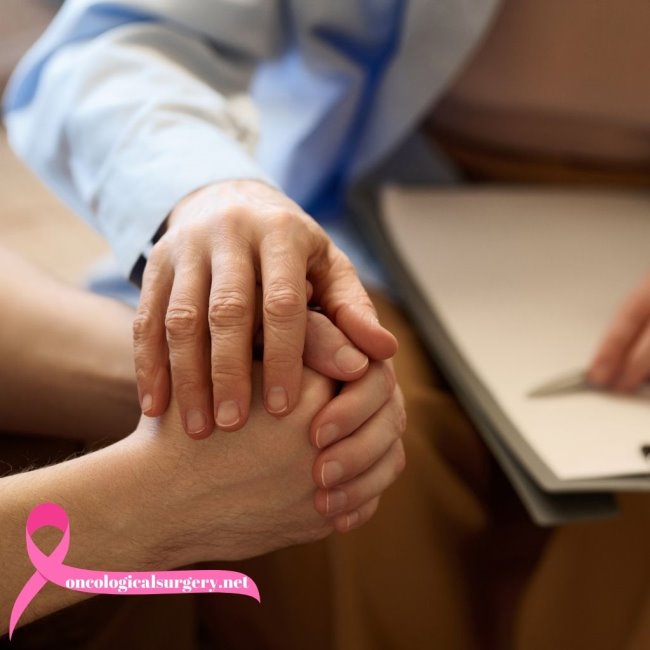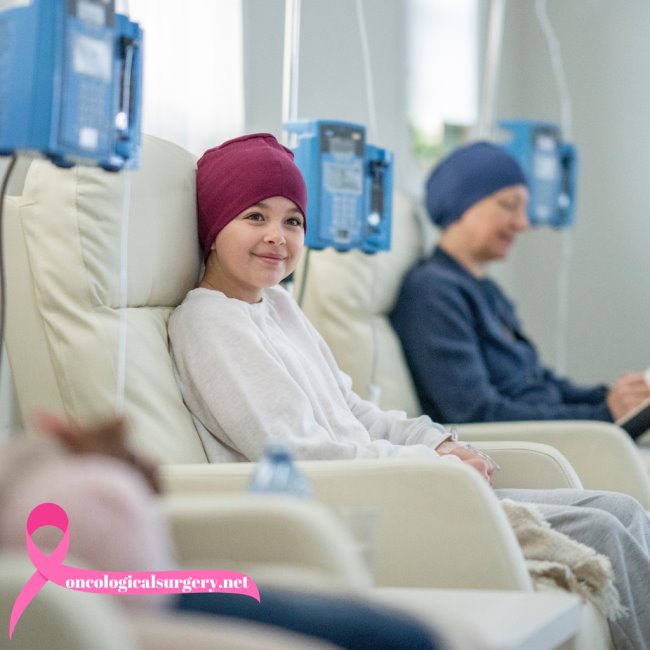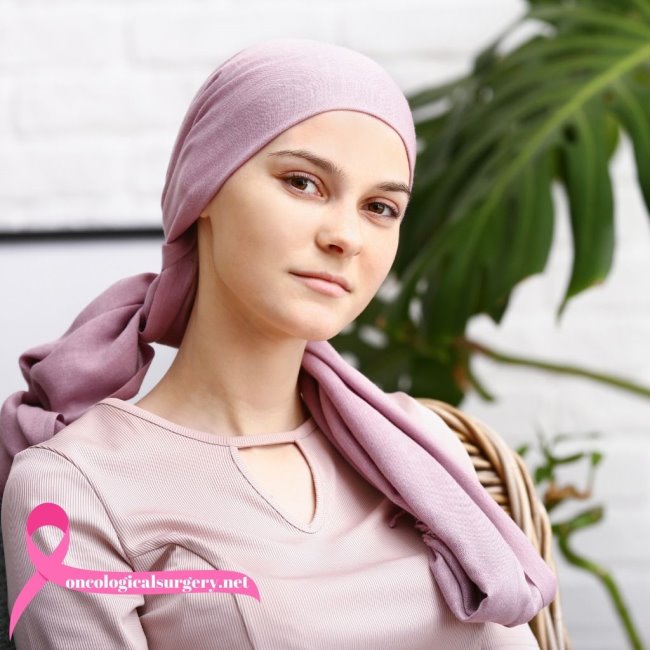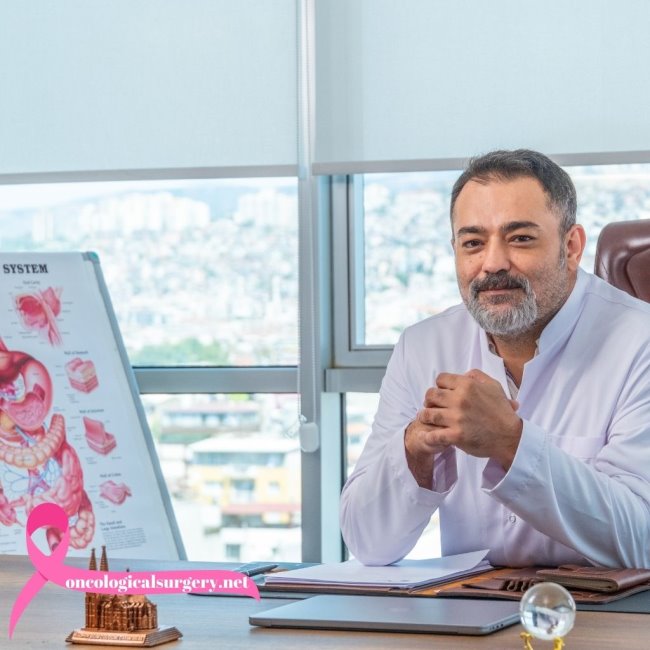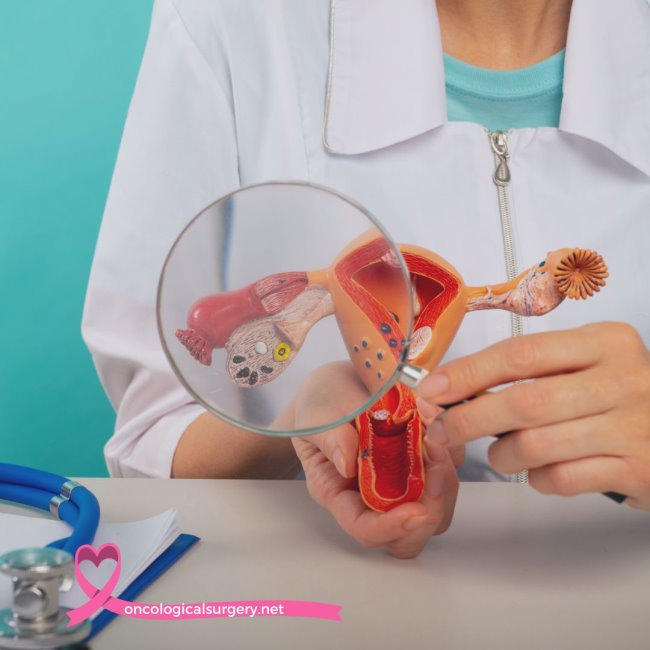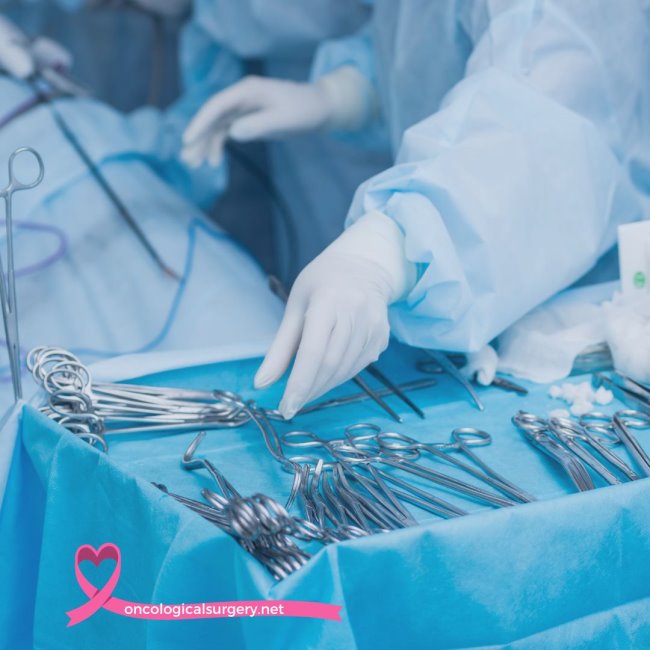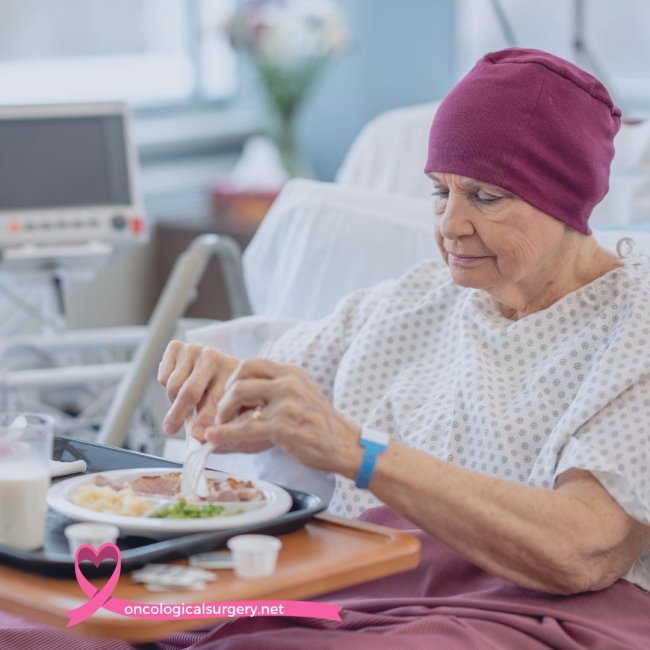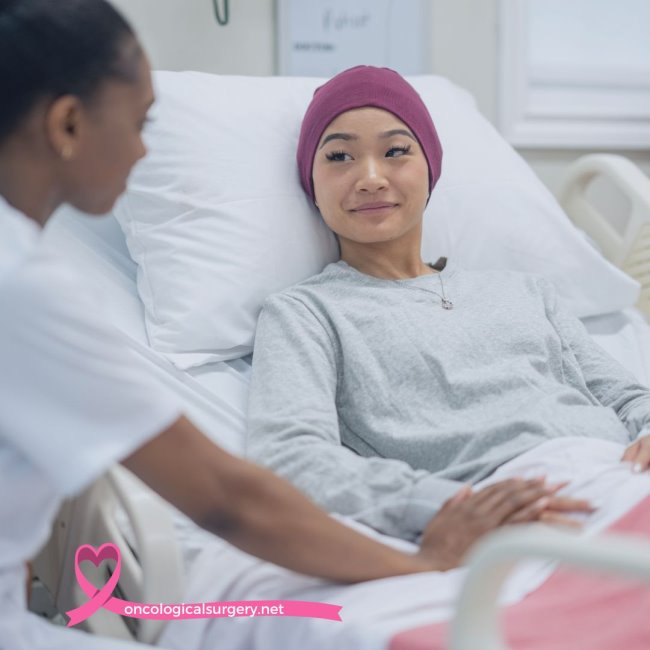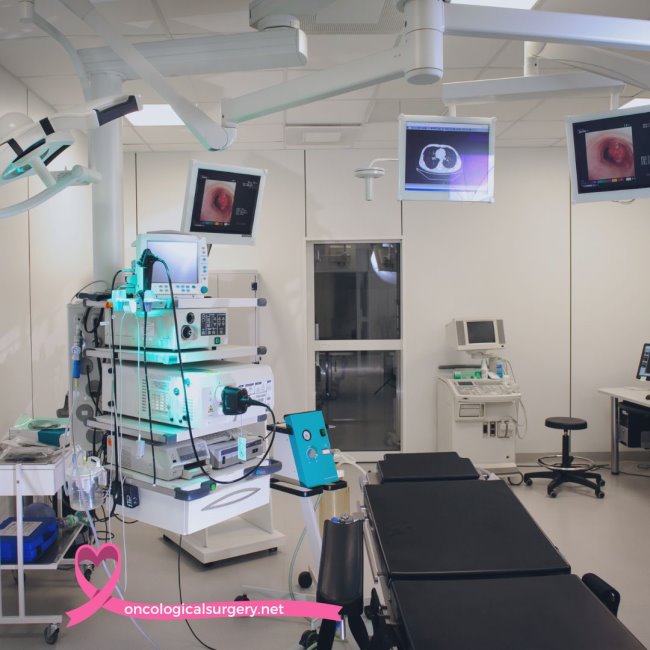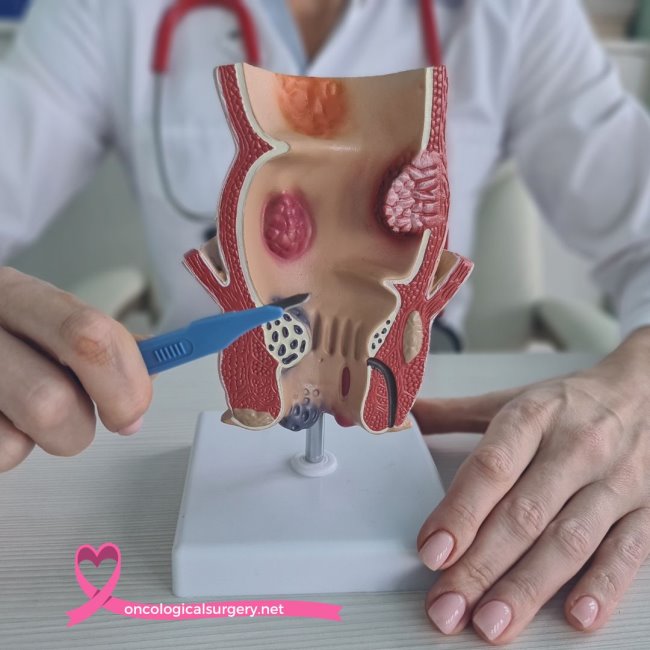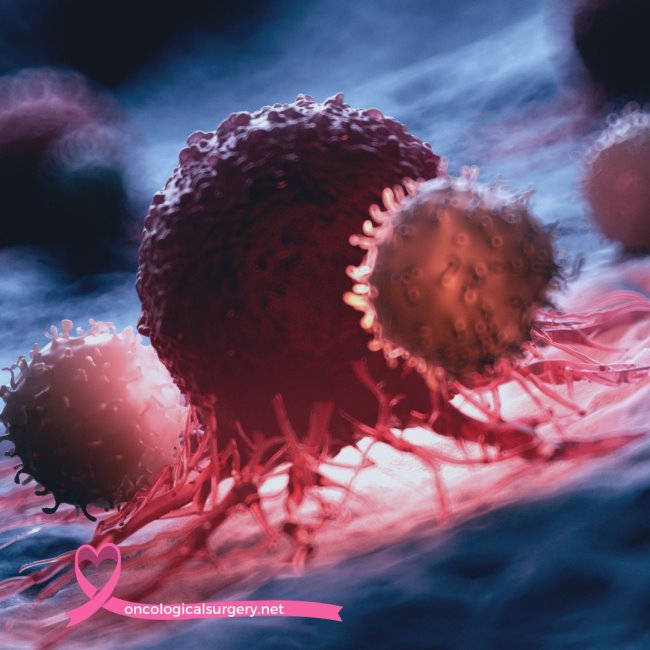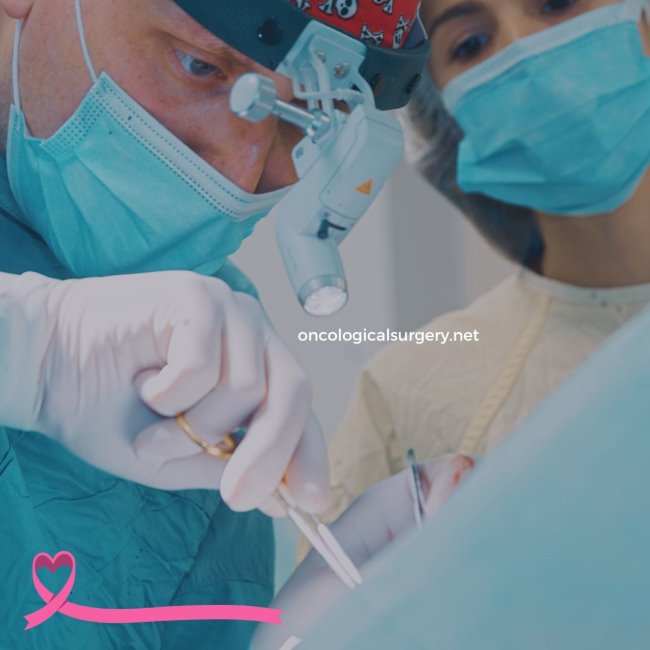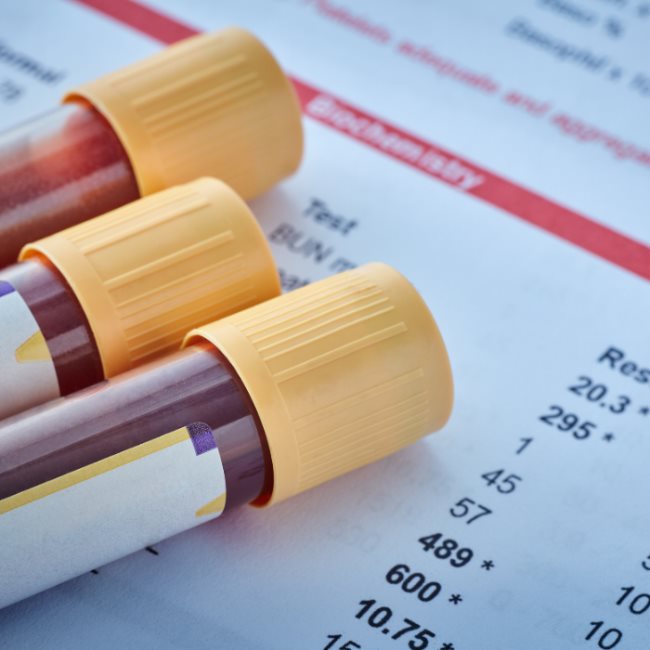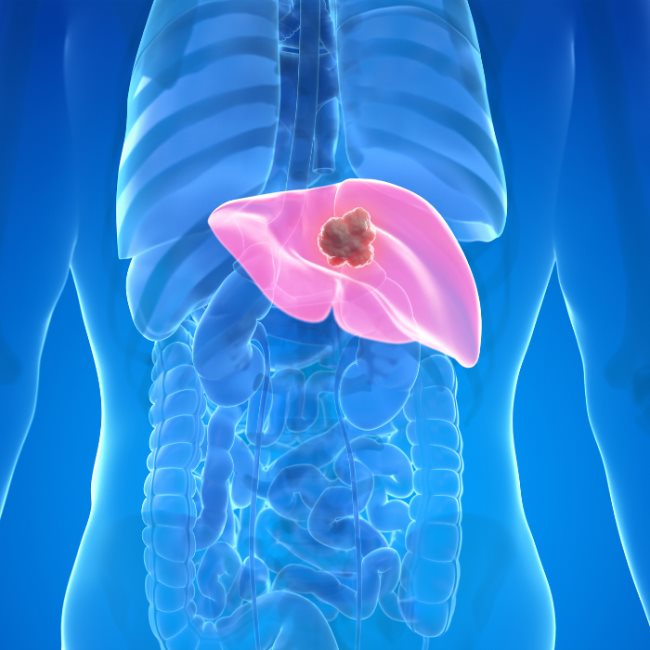
The Importance of Post-Surgery Rehabilitation for Cancer Patients
Recovery from oncology surgery involves a lot more than wound healing. Among cancer patients, post-surgical rehabilitation plays a vital role in recovery, helping them to regain strength and functionality, which improves the quality of life. This phase of care encompasses both physical and emotional needs, making it easier to transition back into daily life.
Customized rehabilitation programs ensure better results for the simplest of colon cancer treatment to the most complex procedures involving HIPEC treatment. This article highlights the important features of post-surgery rehabilitation and how it leads to long-term effects on recovery.
Why Rehabilitation Matters After Cancer Surgery
Surgery, even cancer of the stomach or bile ducts, leaves a patient really degraded. Rehabilitation helps them to win back their strength and restore their functionality. It is not just about overcoming the short-term effects of surgery but even the long-term complications.
Programs specifically address the most common problems faced by these patients, including fatigue, pain, and limited mobility. Targeted exercises, physical therapy, and emotional support are some of the most important components in helping patients to become independent and confident in the discharge setting.
Key Components of Post-Surgery Rehabilitation
Physical Rehabilitation
The purpose of physical rehabilitation is the restoration of strength, mobility, and endurance. Patients treated for thyroid cancer may require an exercise program to enhance neck and shoulder mobility, while those treated for liver metastasis from colon cancer may need activities specifically focused on the strengthening and flexion of abdominal muscles.
The physical therapist uses light exercises, stretching, and aerobic activities to enable patients to regain their physical capacity. It is important to note that the ultimate objective will be for the patient to perform activities of daily living without experiencing undue fatigue or discomfort.
Emotional and Psychological Support
Cancer surgery also takes an emotional toll on the patients. They may undergo anxiety, depression, or fear about their post-recovery and future. Counseling and support groups form part of rehabilitation programs since sharing can bring about the desired relief emotionally and let one feel that they are not alone.
In cases of treatments like pancreatic cancer treatment, psychological support becomes inevitable to deal with the tension and uncertainty that usually accompanies the post-surgery recovery phase. A multidisciplinary approach is necessary so that emotional well-being becomes a concomitant concern along with physical health.
Benefits of Rehabilitation after Surgery
Rehabilitation confers several benefits relating to the recovery process and long-term outcomes. First and foremost, it reduces the risk of complications such as lymphedema, chronic pain, and limited mobility. This organized program would make it easier for the patient to regain physical skills and reduce reliance on caregivers.
Secondly, rehabilitation contributes positively to one's mental health by fostering progress and achievements. Patients undergoing debilitating treatments, such as HIPEC treatment, have found that keeping busy and staying active does much to nurture a positive attitude toward making the recovery process easier to bear.
Individualized Rehabilitation
Each patient has different rehabilitation needs. The type of surgery, age, overall health, and personal goals determine how a rehabilitation program is structured. Patients whose treatments for stomach cancer, for example, might emphasize nutrition counseling and core-strengthening exercises. Patients undergoing treatment for thyroid cancer may need to emphasize speech therapy and upper body mobility.
A private oncologist along with rehabilitation specialists develops personalized plans to address issues unique to each patient. This approach offers assurance that every detail of the recovery process is considered for maximum benefit.
The Role of Caregivers in Rehabilitation
Caregivers can be indispensable in helping the patient through rehabilitation. They assist the patient with practical matters, such as carrying out the exercises and providing transportation to the therapy sessions. They offer much-needed encouragement, give support during difficult times, and are able to note the progress and discussed with medical experts any setbacks that might occur.
Being educated about the particular needs of the patient, caregivers-especially for recoveries that could be quite complex, such as from colon cancer-can better serve and support the patient in this process. When patients, caregivers, and healthcare teams are a part of this process, it allows for a more seamless recovery.
Including Healthy Habits in Recovery
Rehabilitation works in tandem with healthy life choices. A good diet packed with proteins, vitamins, and antioxidants aids in healing. Hydration and a regular sleep pattern enhance recovery even more.
Complementing formal rehabilitation exercises, light activities such as walking and yoga can be done. Improving physical health improves the emotional well-being of a patient and adds to his routine during recovery, whatever type of cancer he has.
The goal of physical rehabilitation following surgery is multifaceted in nature, addressing various needs: physical, emotional, and psychological. Indeed, it equips the patients to get back on their feet with less possibility of complications, at an early date, and to regain their normal quality of life, be it a case of recovery following surgery for pancreatic cancer or rehabilitation following the removal of liver metastasis of the colon cancer.
If either you or your loved one is going through this recovery phase, let a private oncologist help you with customized rehabilitation options. Recovery could be an experience of strength and rejuvenation if supported accordingly.
